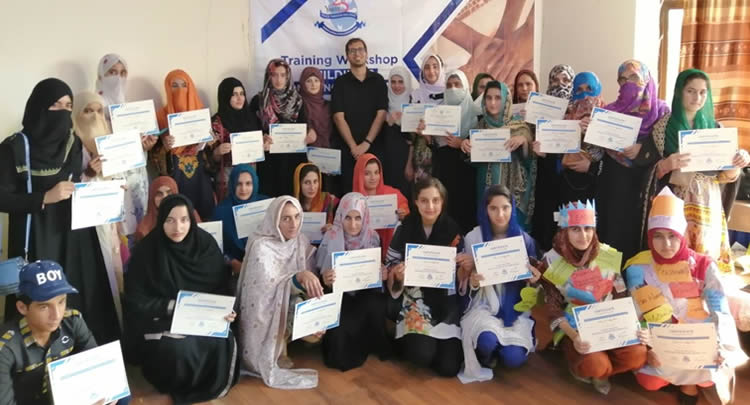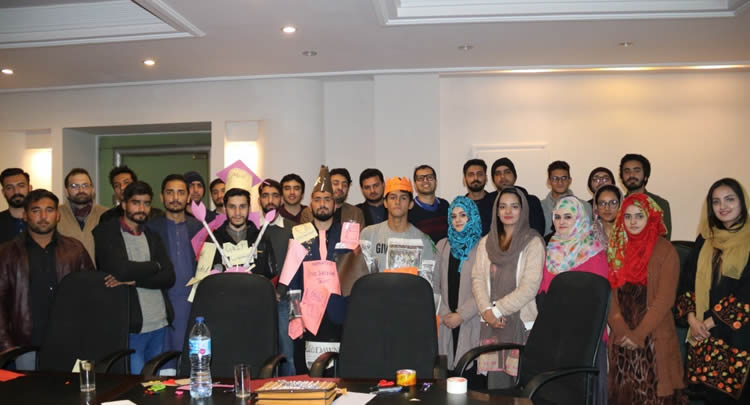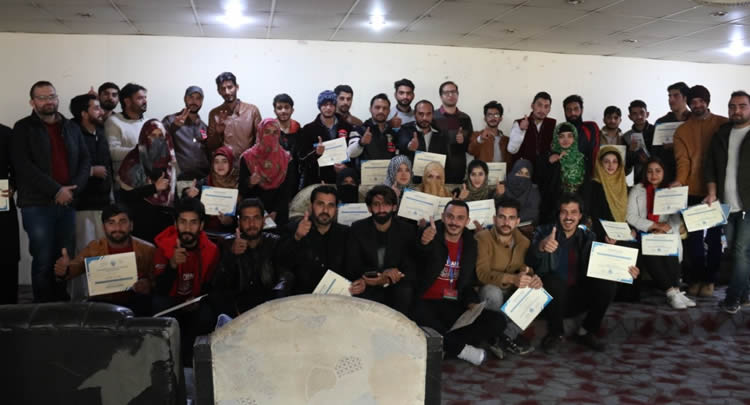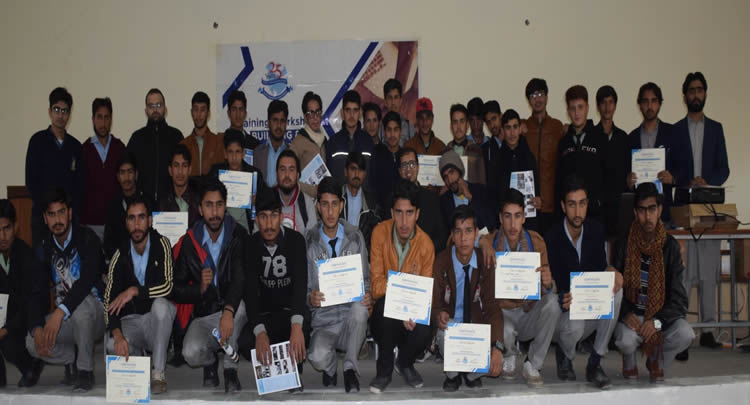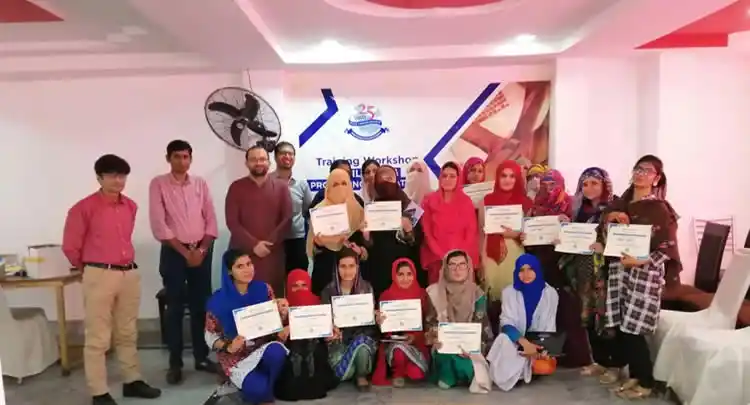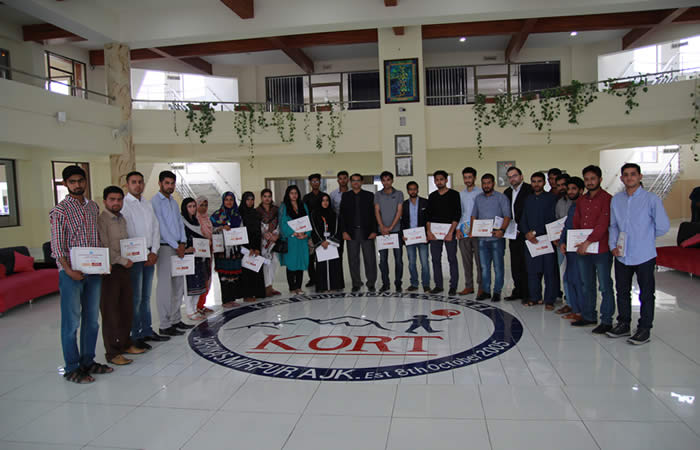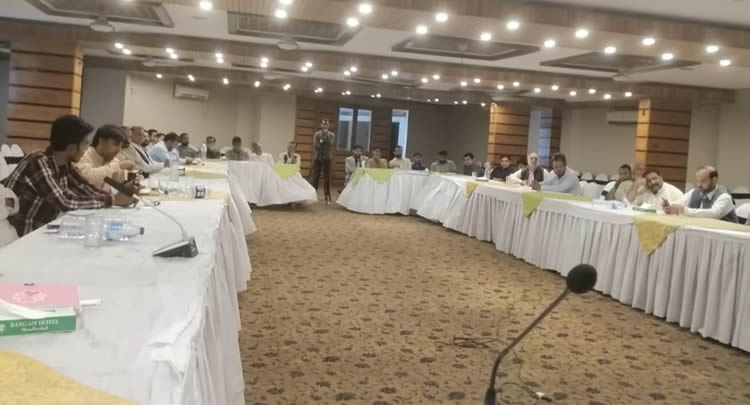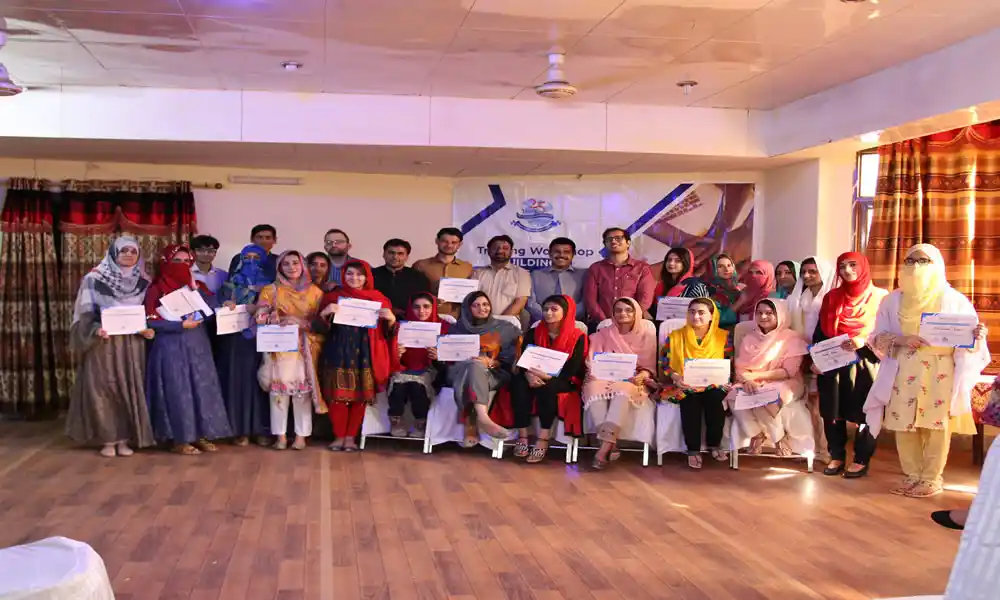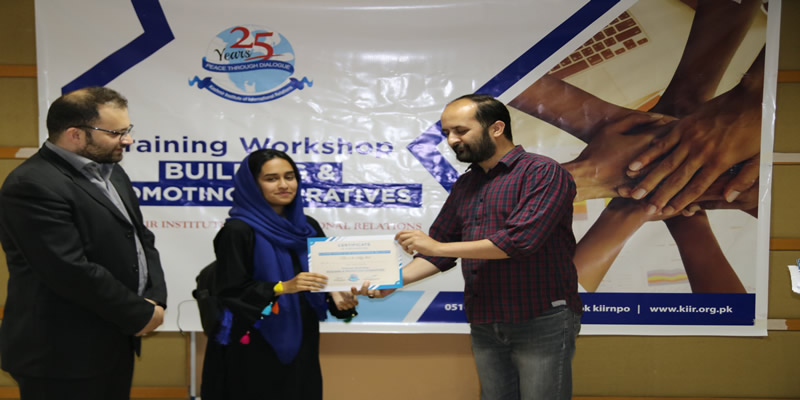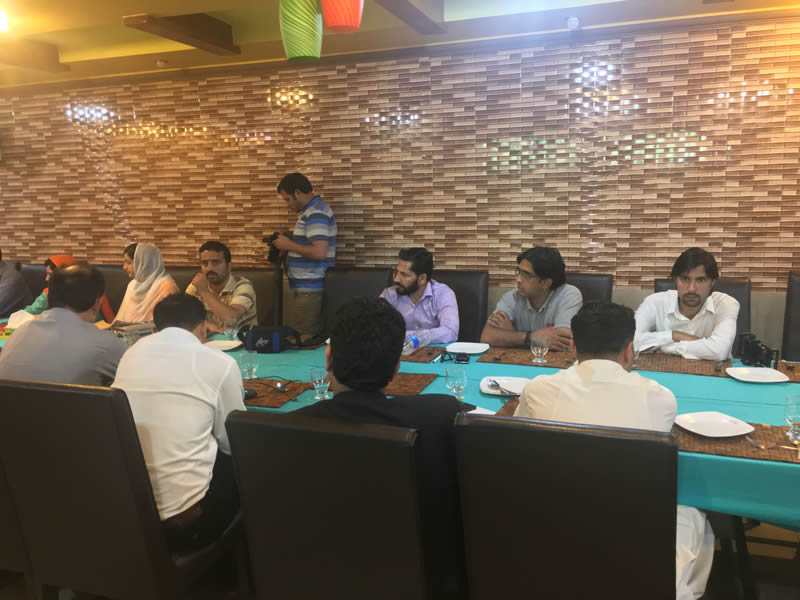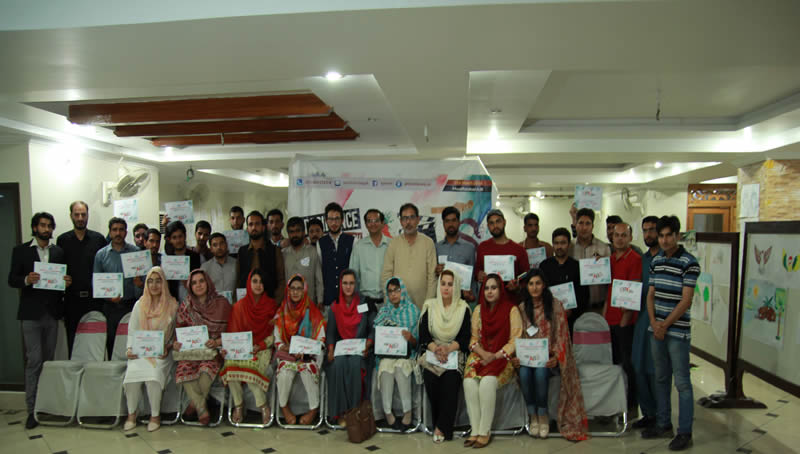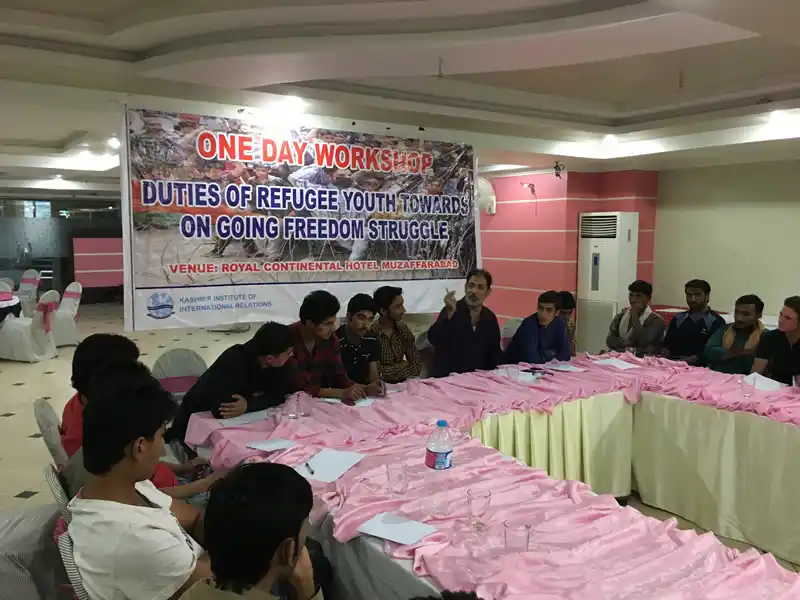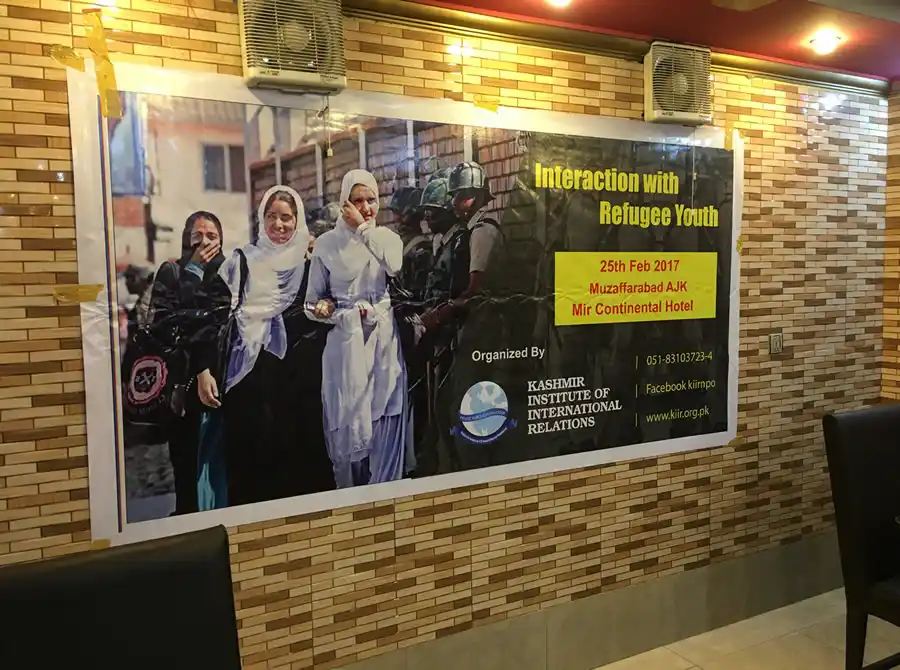Capacity Building of IDPs
KIIR believes that young people, as members of a dynamic group, can play a crucial role in positively transforming conflict situations and in building the foundations of democratic and peaceful society. Displacements across the Line of Control (LoC) have been a permanent issue since 1947. There were several waves of migrations in 1947, 1965 and then after 1989, which is continuing until today. According to AJK government figures, there are around 15,000 families (45000+ people) of migrants, majority of which are living in camps established by the government of AJK in Muzaffarabad, Poonch and Mirpur divisions.
The Governments of Pakistan, Azad Jammu and Kashmir are taking care of these camps and, along with some non-governmental organisations, are contributing to their well being. A large population of these migrants are young people. Scars of a troubled past are visible on those young men and women who migrated from Indian-held Kashmir after 1989 or were born in families who migrated in that period. Since they are recently divided from their families, the sense of deprivation and grief is more intense within them. Human rights abuses in Indian-occupied Kashmir and denial to a way forward for a peaceful resolution of the Kashmir issue has aggravated their frustration.
Young women and men from migrated communities are particularly affected by multiple challenges at all levels. In order to mitigate the challenges KIIR has been working with young women and men who grew up in refugee camps for many years. The series of consultative workshops in previous years provided spaces for dialogue on ways for peaceful conflict resolution, peace building, human rights and advocacy. The major focus was skill building of potential youth and their involvement in advocacy of human right abuses with the Kashmiris by the authorities especially in IoK. This methodology mobilized the youth towards peaceful means rather than adopting violent behaviors. Now there are many youth in AJK who are pro-active agents of peace in their communities, in their schools and work places.
Facebook TwitterCapacity Building of IDPs
